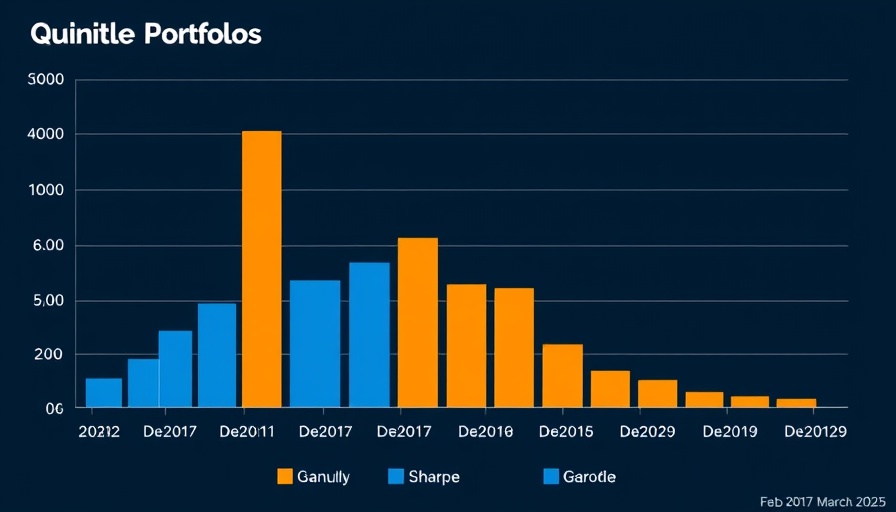
Goodwell and Alitheia: Pioneering Sustainable Solutions
Goodwell Investments and Alitheia Capital have made a significant stride towards creating a sustainable future by investing in Hinckley E-Waste Recycling Ltd. This initiative, rooted in impact investing, aims to transform the e-waste landscape in Nigeria, where electronic waste has become a pressing environmental concern.
Understanding E-Waste: The Growing Challenge
With the rapid advancement of technology, e-waste is now one of the fastest-growing waste streams globally. According to research findings from the United Nations, over 50 million metric tons of e-waste is generated each year, and less than 20% is recycled. This shocking statistic underscores the importance of recycling initiatives like that of Hinckley E-Waste Recycling Ltd. By investing in such platforms, Goodwell and Alitheia are not only addressing a harmful trend but also creating safer job opportunities for local communities.
Creating Impact Through Investment
The funding from Goodwell and Alitheia is expected to have far-reaching implications. Not only will it support existing jobs, but it will also potentially create new ones as the recycling operations expand. This aligns seamlessly with the broader trend in sustainable finance, where investors are increasingly looking to make a positive impact with their portfolios. The commitment of Goodwell and Alitheia reflects a growing recognition that investments in environmental sustainability can lead to economic resilience.
Future Predictions: A Greener Nigeria
As we look towards the future, the impact of this investment may extend beyond Hinckley E-Waste Recycling Ltd. Improved recycling practices can lead to enhanced public health outcomes and environmental safety in Nigeria. This transformative approach positions the country as a leader in the e-waste recycling sector and offers insights into directions other nations could follow.
Conclusion: The Road Ahead for Investors
The investment from Goodwell and Alitheia marks a crucial step in combating e-waste while promoting sustainable livelihoods in Nigeria. As individual investors and family offices consider avenues for their investments, recognizing the potential of green initiatives like this one can be valuable. Looking to the future, it is essential to monitor the success of such ventures as they pave the way for a more sustainable and prosperous world.
 Add Row
Add Row  Add
Add 




Write A Comment